
By Sandra Agyeiwaa OTOO
Former Board Chairman of Minerals Income and Investment Fund (MIIF), Professor Douglas Boateng has urged African leaders to prioritise industrialisation, trade integration, and infrastructure development, warning that without bold action, the continent will remain economically stagnant.
“If we do not invest in research, development, and industrialization, we will remain consumers of what others create rather than producers of our own destiny and consume what we mainly produce in Africa. No country has ever developed without investing in infrastructure. Africa must do the same,” he said at the recent three-day Africa Prosperity Dialogues (APD) Conference 2025 under the theme ‘Africa’s Unfinished Business: The Inconvenient Truth About Our Chains, Our Choices And Our Future’.
“Africa must stop behaving like a collection of disconnected economies. We cannot truly trade if we are not connected. We cannot truly trade if we are not integrated. We can neither connect nor integrate if we do not truly invest and think long term,” he added.
Professor Boateng stated that, underdevelopment is self-inflicted, driven by short-term thinking and a failure to harness its vast resources.
“This is not a tragedy of circumstance. It is a tragedy of choices. If we do not change course or take responsibility, then we must accept a brutal reality. Africa’s underdevelopment is not an accident. It is self-inflicted. Africa stands at a crossroads. We can either break the chains that bind us or continue polishing them, mistaking motion for progress. We can build bridges toward prosperity or keep digging the grave of underdevelopment with our own hands,” he added.
He called for investment in rail networks, local manufacturing, and economic cooperation to unlock the full potential of the African Continental Free Trade Area (AfCFTA).
“The lack of an efficient transport network is one of our most significant obstacles. Transport costs in Africa are among the highest in the world. In some countries in Africa, logistics costs account for 40percent of total product costs. In some countries in Europe, it is as low as 10percent,” he urged.
He said no country has ever achieved sustained economic growth without an efficient rail system siting China as an example.
He added that, In the 1980s, its economy had similarities with Ghana and many African countries.
“Today, China is the second-largest economy in the world. Why? Because it built the infrastructure to support industrialisation and internal trade. It now has over 150,000 kilometres of rail networks. This has reduced transport costs, increased trade efficiency, and created millions of jobs,” he mentioned.
“Meanwhile, Africa, a continent three times China’s size, remains disconnected mainly by rail. There are only 63,000 kilometres of rail, a third of which is in South Africa. Please respectfully ask yourself why South Africa is among the top 60 most industrialised countries world. If we are serious about industrialization, and AFCTFA, Africa must invest in modern railways. Again, this is the inconvenient truth about railway networks and trade.”
Prof. Boateng said the potential of the African Continental Free Trade Area (AfCFTA) will not be realised through words alone. It requires sacrifice, cooperation, and vision and also demands leaders who prioritise Africa over politics and nationalism, value industries over elections and focus on long-term development rather than short-term gains.
He emphasised that Africa’s challenges are not due to a lack of resources but rather a failure to harness them effectively. He asserted that the continent’s underdevelopment is self-inflicted, attributing it to a lack of boldness.
He highlighted Africa’s vast potential, noting that despite possessing 60percent of the world’s uncultivated arable land, the continent still imports over US$50 billion worth of food annually.
He pointed out that Africa holds some of the largest reserves of gold, manganese, bauxite, cobalt, and other critical minerals, yet these resources are exported in raw form and later repurchased at significantly higher prices.
Additionally, he emphasized that while Africa has the world’s youngest population, it fails to equip its youth with the necessary skills and opportunities to succeed.
On his part, leadership is not a privilege, it is a responsibility. He said Africa does not need leaders who priorities elections over economies, destroy continuity by abandoning good policies, or focus on political survival instead of continental and national development, instead, readers who think beyond the next election and plan for the next generation.
“This is not just a problem. It is a sad reality: one that bold leadership can reverse. Yet, this is also a moment of reckoning. We can either remain comfortable in our relative poverty or rise and take our place among the great economic powers. But this requires the collective, not individual nations’ actions, and endless talking,” he concluded.
The post Industrialisation, trade key to Africa’s prosperity – Prof. Douglas Boateng appeared first on The Business & Financial Times.
Read Full Story
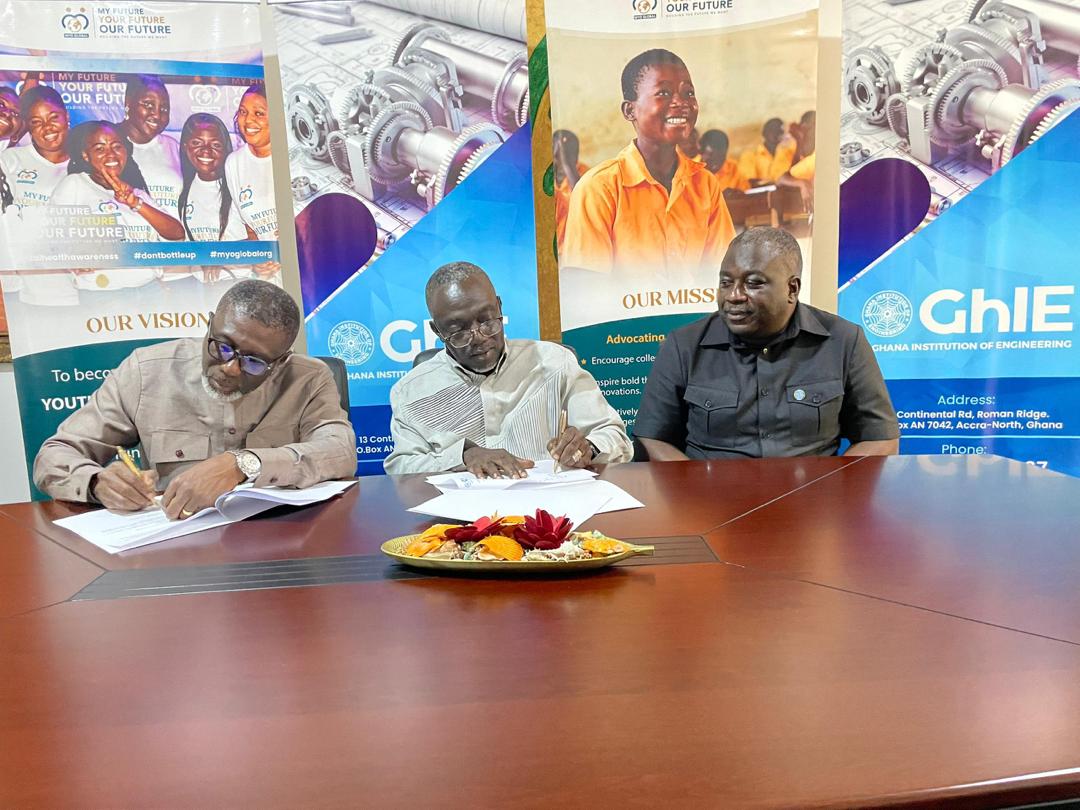
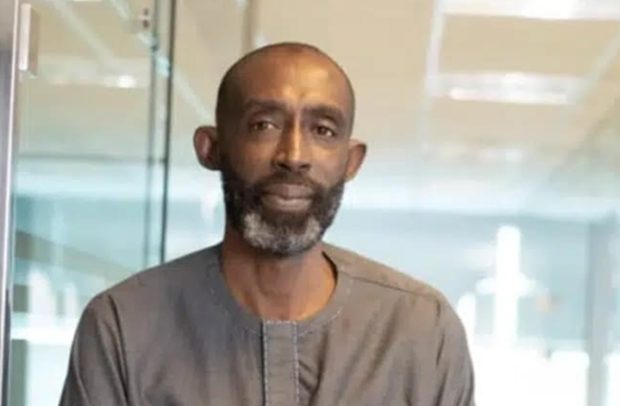
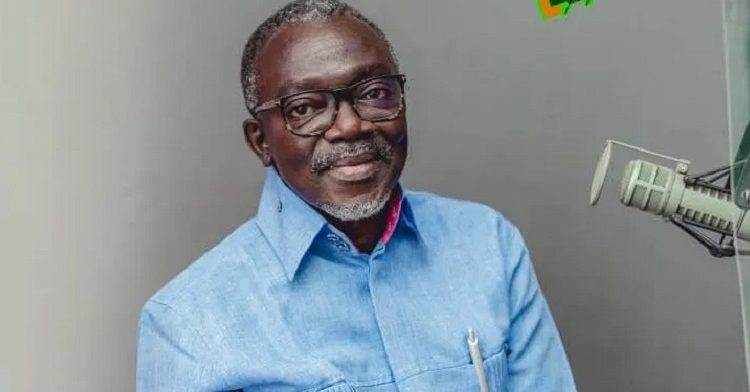
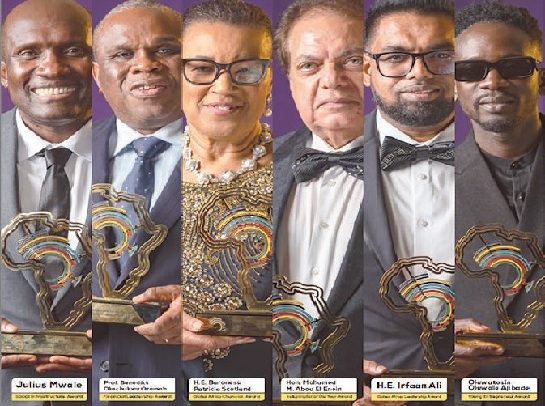












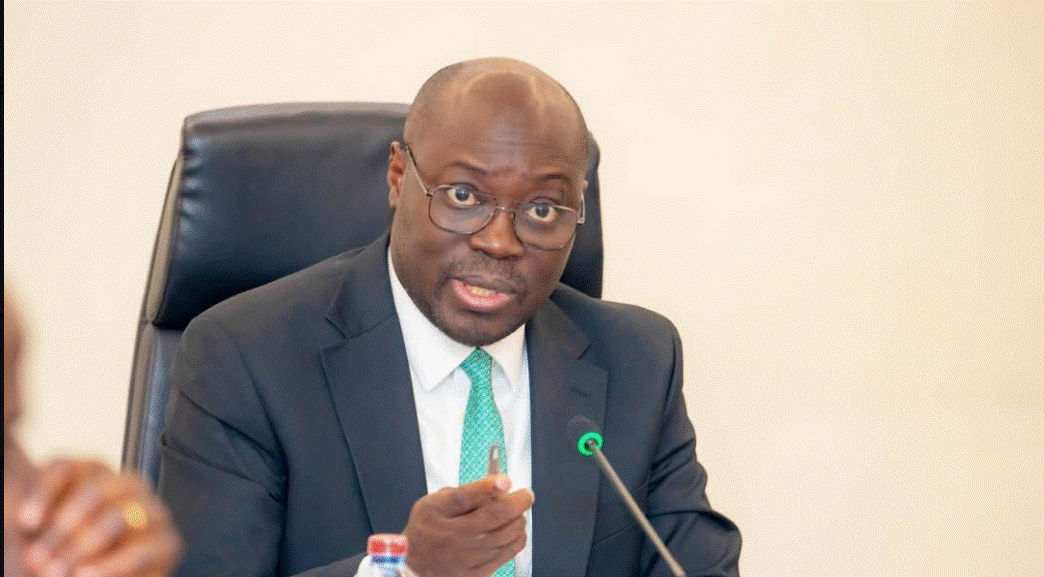
Facebook
Twitter
Pinterest
Instagram
Google+
YouTube
LinkedIn
RSS